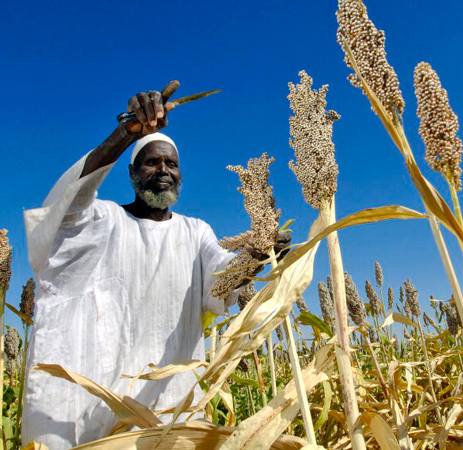
© UNPhoto/Fred Noy
The EU's policy toward agrofuels and its impact on human rights
The heightening of the world energetic crisis and the challenges of climate change imposed the need to find new sources of energy. One of the solutions many governments chose to deal with these global challenges is the exploitation of agrofuels. In order to support their production and use, governments adopted incentives and tax exemption systems, what allowed the growth of the global demand and the consequent spread worldwide. However, many field studies show that the production of agrofuels is linked to a pattern of human rights violation. Among the rights affected: the right to food, to water, to a safe environment, the indigenous peoples’ right to land, the freedom from any form of slavery.
It’s worthy looking at the EU’s role in promoting the production and the use of agrofuels. The EU, indeed, fixed mandatory targets for its Member States and, at the same time, established a set of criteria which define the sustainability of agrofuels (used to meet the targets of the Directive no. 28 of 2009). However, none of these criteria concerns the respect of human rights.
Last update
19/10/2011